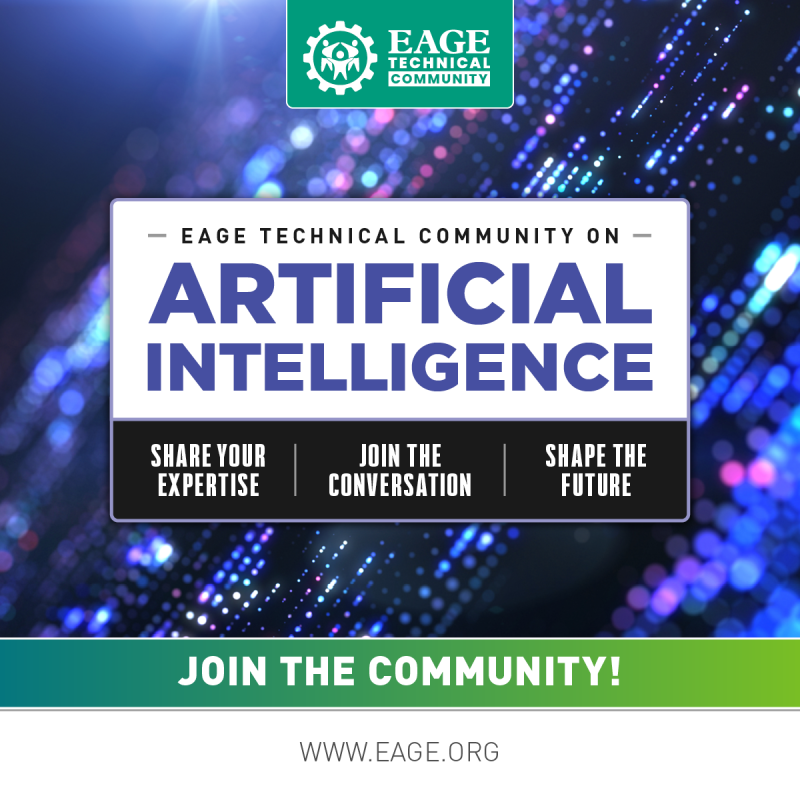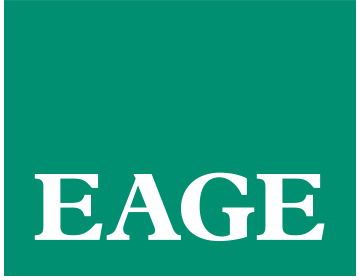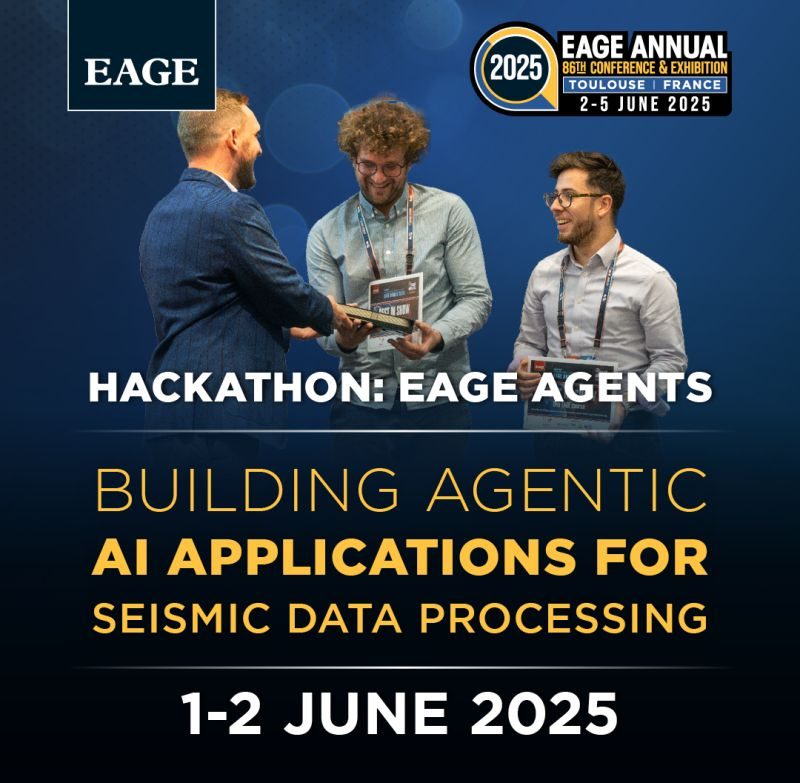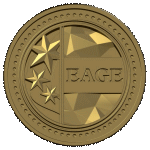The EAGE Artificial Intelligence (A.I.) Community is the network of members interested in sharing knowledge and developing skills among geoscientists and engineers exploring A.I. and machine learning solutions, as well as data scientists working on techniques that can be applied to the fields of geoscience and engineering.
This Community is open to members at all stages of their career.
Activities
1. Participation at the 86th EAGE Annual Conference (2-5 June 2025, Toulouse, France):
* EAGE Annual Hackathon: EAGE-Agents: Building Agentic AI Applications for Seismic Data Processing (1 & 2 June).
* Workshop: Foundation Models in the Geosciences (6 June at 9:00-17:00 CEST).
2. Committee members are actively involved in EAGE events, for example, participating at the Technical Committee of the EAGE Digitalization Conference (16-19 March 2026, Stavanger, Norway).
3. Periodic advice on A.I. topics for geosciences. (Click here to read the latest!)
4. Check out some ‘Tips and Tricks with Chatbot Apps for Geoscientists and Engineers’ by downloading the slides prepared by the AI Committee here.
5. News, interviews and vacancies.
6. Local events and collaborations.

Curious to know more about everything EAGE is doing around the digital transformation? In our Digitalization Hub you can find all EAGE opportunities for learning, sharing and connecting in one place.
Committee
The A.I. Community is coordinated by a Committee that serves for a period of two years. The current Committee is serving the 2024 – 2026 term.
| Name | Company / Institution | Country |
|---|---|---|
| Anna Dubovik | WAIW | United Arab Emirates |
| Jan H. van de Mortel | Independent | Netherlands |
| Jing Sun | TU Delft | Netherlands |
| Julio Cárdenas | Géolithe | France |
| George Ghon | Capgemini | Norway |
| Lukas Mosser | Aker BP | Norway |
| Oleg Ovcharenko | NVIDIA | United Arab Emirates |
| Nicole Grobys | DGMK | Germany |
| Roderick Perez | OMV | Austria |
| Surender Manral | Schlumberger | Norway |
Would you like to take an active role within the Association? Discover all our volunteering opportunities!
Update your affiliations
Connecting with professionals who share similar interests – such as the members of the EAGE AI Community – is key in promoting innovation and technical progress. That’s why we invite you to update your EAGE affiliations to Local Chapters, Circles, Technical and Special Interest Communities. This will help you stay connected with fellow members and ensure our offerings meet your needs.
Other questions or ideas?


